Does THCp Get You High? How Strong Is It?

Are you curious about the latest buzz in the world of cannabinoids? If you've been keeping up with the ever-evolving cannabis industry, you might have heard whispers about a new compound called THCp. But what exactly is THCp, and how does it differ from the well-known THC? More importantly, does THCp get you high, and if so, just how potent are its effects?
This article will discuss THCp and examine its unique properties, potential benefits, and how it compares to other cannabinoids.
Keep reading to find out everything there is to know about THCp. So, does THCp get you high?
Key Takeaways
- THCp, short for tetrahydrocannabiphorol, is a potent cannabinoid found in cannabis. Its unique molecular structure allows it to bind more strongly to CB1 receptors in the brain, making it potentially up to 33 times more potent than THC.
- Users of THCp report experiencing a more intense, euphoric, and longer-lasting high compared to THC. The effects are characterized by a pronounced "body high," heightened sensory perception, and altered cognitive function.
- The legality of THCp is complex and depends on its source and local laws. Federally, in the United States, hemp-derived THCp with less than 0.3% Delta 9 THC may be legal, but state regulations vary.
- THCp may offer enhanced relaxation, increased appetite stimulation, and potential pain relief. However, more research is needed to fully understand its therapeutic potential and safety.
- Due to its high potency, THCp can cause stronger psychoactive effects, leading to anxiety, paranoia, and impaired motor skills in some users.
What is THCp?
THCp, short for tetrahydrocannabiphorol, is a naturally occurring cannabinoid found in trace amounts in cannabis plants. While it shares similarities with THC, the primary psychoactive compound in cannabis, THCp has a distinct molecular structure that sets it apart.
The key difference lies in THCp's alkyl side chain, which consists of seven carbon atoms compared to THC's five. This seemingly small variation in structure allows THCp to bind more strongly to the CB1 receptors in the brain and nervous system, potentially resulting in effects up to 33 times more potent than THC.
Discovery of THCp
The discovery of THCp is relatively recent. A team of Italian researchers first identified and isolated the compound in 2019. This groundbreaking finding opened up new areas of research into the potential therapeutic applications of THCp and its effects on the human body.
How THCp Differs From Other Cannabinoids
While THCp shares some similarities with other cannabinoids, particularly THC, its unique molecular structure and binding affinity set it apart. The extended alkyl side chain of THCp allows it to interact more strongly with the body's endocannabinoid system, specifically the CB1 receptors.
This increased binding affinity is believed to be responsible for THCp's potentially heightened psychoactive effects compared to THC. However, research on THCp is still in its early stages, and much remains to be discovered about its full range of effects, benefits, and potential risks.
Does THCp Get You High?
THCp is known to produce psychoactive effects and a potent high due to its strong binding affinity to CB1 receptors in the brain and nervous system. Users report that the high from THCp is more intense and longer-lasting compared to the effects of THC. However, individual experiences with THCp may vary based on factors such as dosage, tolerance, and consumption method. Some users may find the intense effects of THCp overwhelming or uncomfortable, particularly if they are sensitive to THC or have a low tolerance for cannabinoids.
If you're interested in exploring THCp’s high, consider Mellow Fellow’s Dream Blend 2ml Disposable Vape - MK Ultra.
Comparing the THCp High to THC
While both THCp and THC produce psychoactive effects, the high from THCp is often described as more potent, euphoric, and longer-lasting. Users report experiencing a more pronounced "body high," as well as heightened sensory perception and altered cognitive function. THC’s high is generally characterized by moderate physical and cerebral effects, with bodily relaxation, mental euphoria, and altered sensory perception and cognitive function being common. THCp’s effects are likely much more intense and longer-lasting. Remember that THCp has the potential to be 33 times more potent than THC, therefore producing much stronger effects.
Factors Influencing the Intensity of THCp’s Effects
Several factors can impact the intensity and duration of THCp's psychoactive effects, such as dosage, tolerance, and the chosen consumption method:
Dosage
Higher doses of THCp will generally produce more potent effects, while lower doses may result in a milder high.
Related Products

Tolerance
Individuals with a higher tolerance to cannabinoids may require larger doses of THCp to achieve the desired effects.
Consumption Method
The onset and duration of THCp's effects can vary depending on whether you inhale, ingest, or apply it topically. Inhalation typically produces the fastest-acting and shortest-lived high, while ingestion results in a slower onset but longer-lasting effects.
Individual Physiology
Factors such as body weight, metabolism, and endocannabinoid system function can influence how an individual responds to THCp.
Users need to start with low doses of THCp and gradually increase as needed to avoid overwhelming or uncomfortable effects. How long THCp effects last depends on the dosage and consumption method, but users can expect the high to persist for several hours, with peak effects occurring within the first hour or two.
Potential Benefits and Effects of THCp
While research on THCp is still in its early stages, initial findings and user experiences suggest that this potent cannabinoid may offer a range of potential benefits and effects, such as enhanced relaxation, heightened mood, and increased appetite.
Enhanced Relaxation and Stress Relief
One of the most likely effects of THCp is a profound sense of relaxation and stress relief. The high binding affinity of THCp to CB1 receptors in the brain and nervous system may contribute to its ability to promote a deep state of calm and ease tension.
Heightened Euphoria and Mood Elevation
THCp is regarded for producing a potent euphoric high that may significantly elevate mood and promote feelings of happiness and well-being. The intense psychoactive effects of THCp may be particularly appealing to those seeking a more pronounced and long-lasting high compared to traditional THC. THC is shown to result in euphoria, and if THCp is more potent than THC, it would serve to reason that it also produces a much stronger sense of euphoria.
Increased Appetite Stimulation
Like THC, THCp may stimulate appetite, making it a potential option for those struggling with appetite loss due to medical conditions or treatments. The heightened binding affinity of THCp to CB1 receptors could result in a more pronounced "munchies" effect, encouraging food intake and enjoyment.
Potential Pain-Relieving Properties
Although more research is needed, THCp's strong interaction with the endocannabinoid system suggests it may have pain-relieving properties. The increased binding affinity to CB1 receptors could reduce pain perception and inflammation, making THCp a promising candidate for those seeking natural pain management options.
Frequently Asked Questions
Is THCp Legal?
THCp's legality depends on its source and local laws. Federally, hemp-derived THCp with less than 0.3% Delta 9 THC may be legal, but state laws vary. Always check your local regulations before purchasing.
Does THCp Show up on a Drug Test?
Yes, THCp can show up on drug tests that screen for THC, as they often detect the presence of cannabinoids in general. If you are subject to drug testing, using THCp may lead to a positive result.
Explore Other Articles
View allExplore more
- 11 hydroxy thc
- Blends
- blunt
- burn blend
- cannabinoids
- cartridge
- CBD
- cbg
- CBN
- Charged Blend
- Clarity Blend
- Concentrates
- Connection Blend
- Creativity Blend
- Dabs
- decarb
- decarboxylation
- delta
- delta 10
- delta 11
- delta 8
- Delta 8 thc
- delta 9
- delta 9 thc
- Delta-10-THC
- Delta-11-THC
- delta-8
- Delta-8-THC
- Delta-9-THC
- delta9
- Desire Blend
- destination series
- Diamonds
- disposable
- disposable vape
- Dream Blend
- dry january
- edibles
- elevate blend
- entourage
- entourage effect
- entourage effects
- Euphoria Blend
- focus
- gummies
- H4CBD
- halloween
- hemp
- hemp beverage
- hemp-derived
- HHC
- HHCp
- HTE
- Indica
- Introvert Blend
- Joint
- lean
- legal
- Live Resin
- Live Resin cartridges
- m-fusions
- mechoulam
- momentum blend
- Motivation Blend
- one hitter
- preroll
- productivity
- raphael mechoulam
- Recover Blend
- Relief
- sleep
- strain review
- terp sauce
- Terpenes
- Thanksgiving
- thc
- THC beverage
- THC Drink
- thc lean
- thc-p
- THCa
- THCa Flower
- THCb
- THCh
- THCm
- thcp
- THCp edibles
- THCp flower
- THCv
- the elevate blend
- The Energy Blend
- The Happy Blend
- The Illuminate blend
- the momentum blend
- The Rest Blend
- Tranquility Blend
- vape
- vape cartridge
- Vapes
- wax
- wellness
- zkittlez


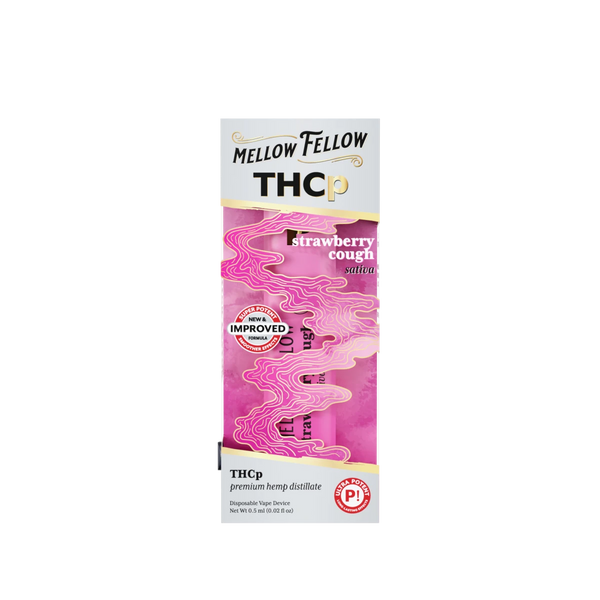
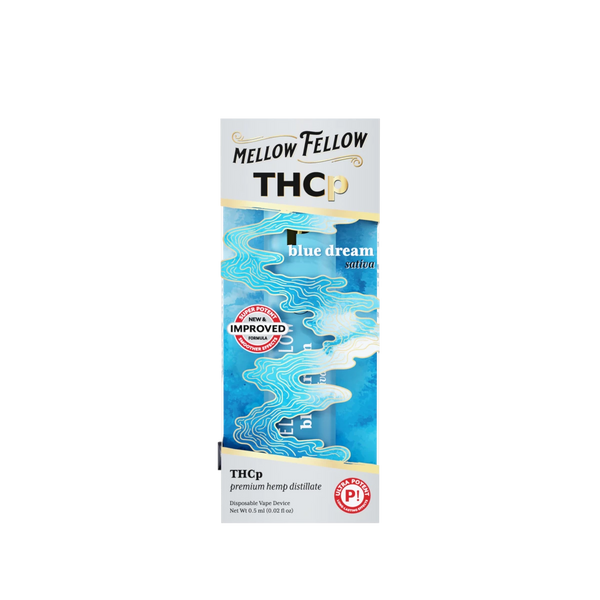
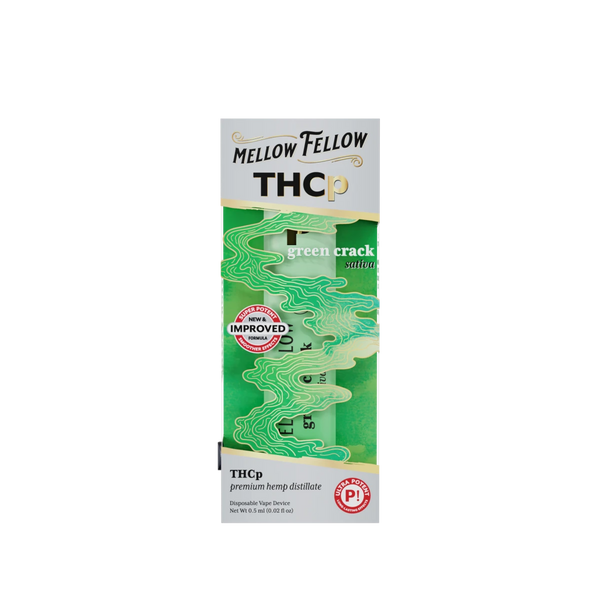
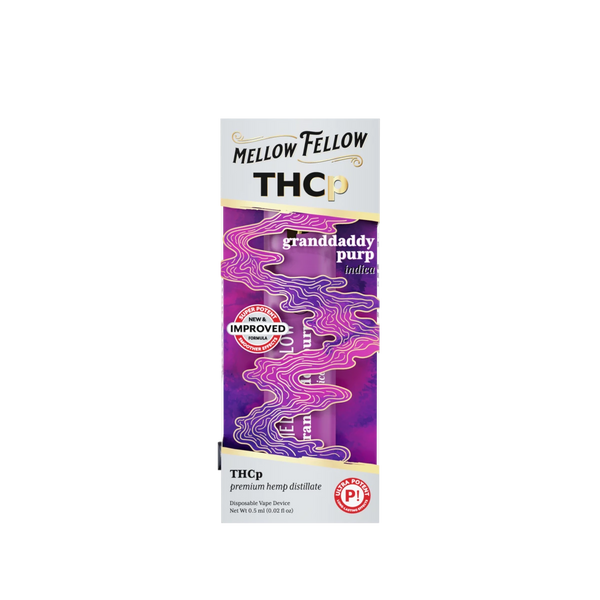
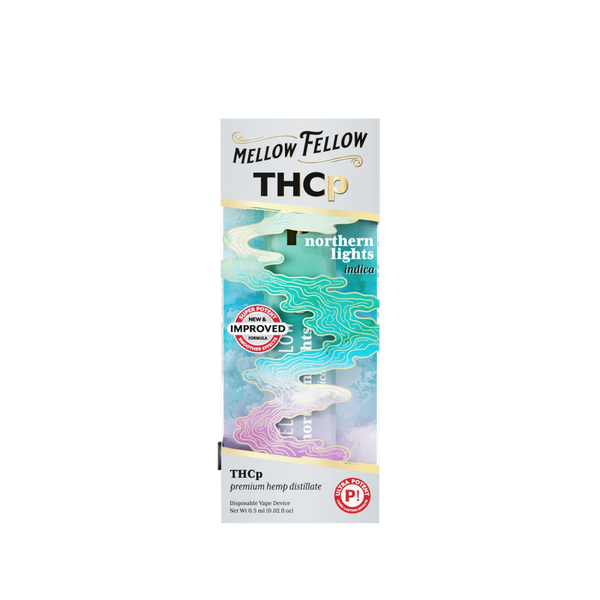
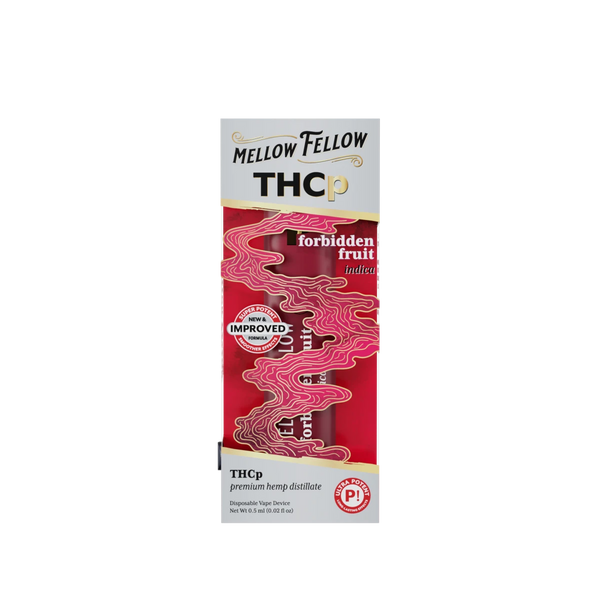










Leave a comment